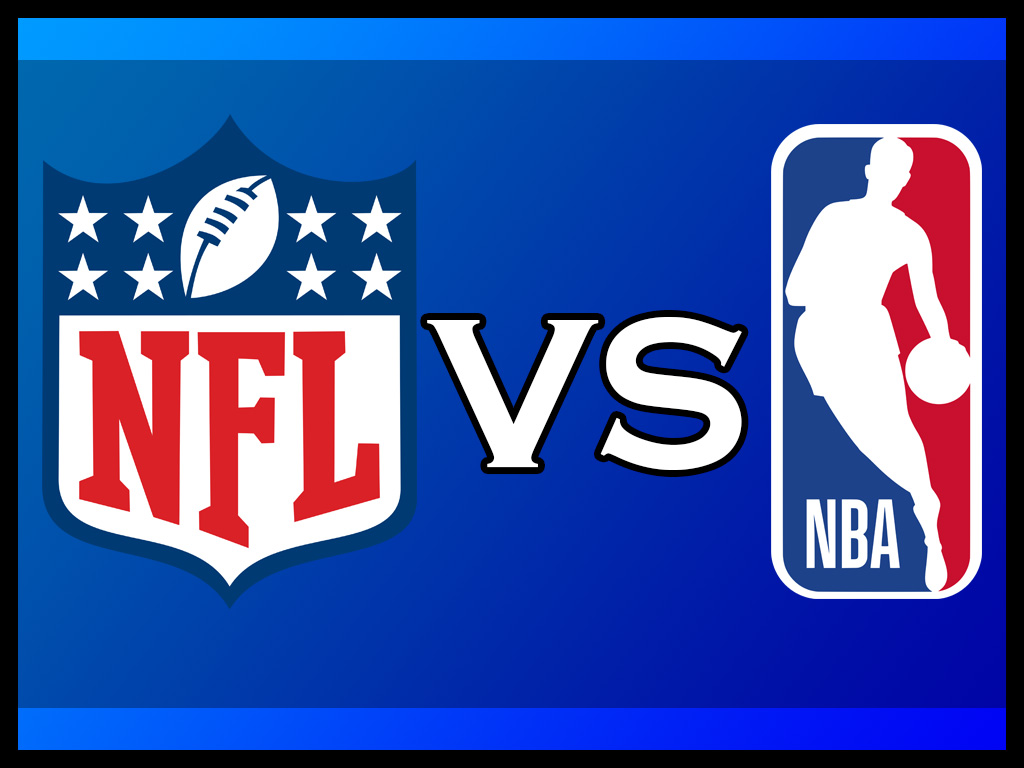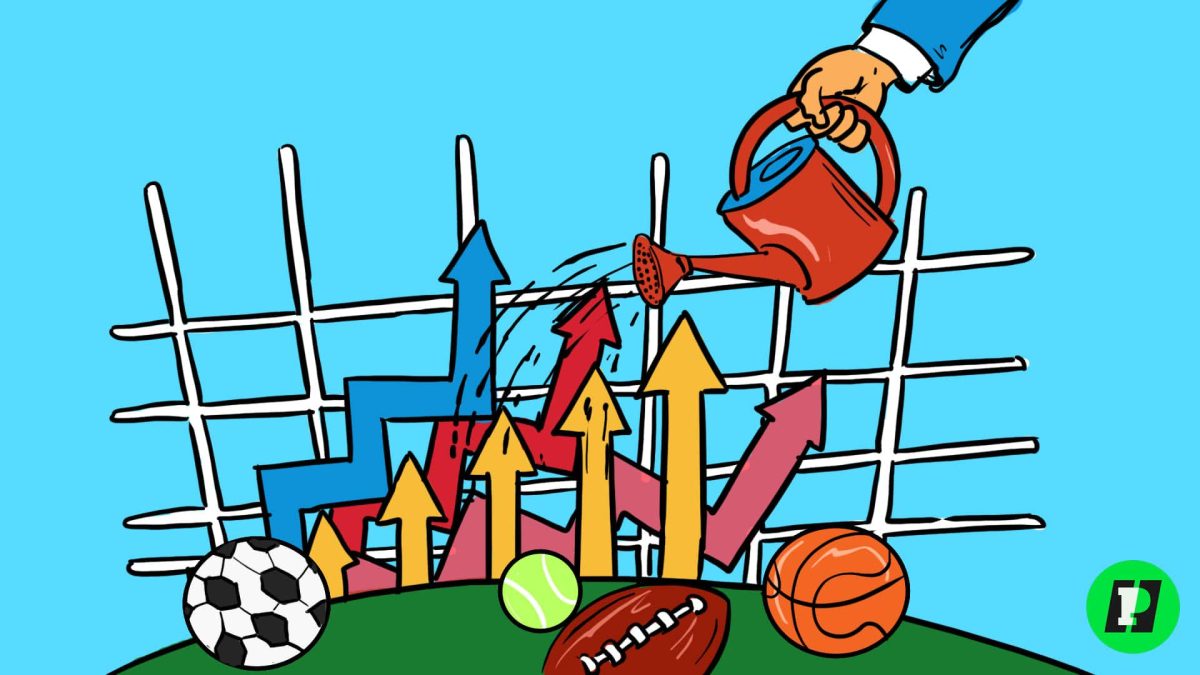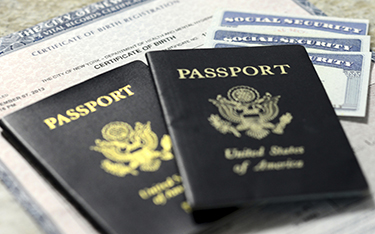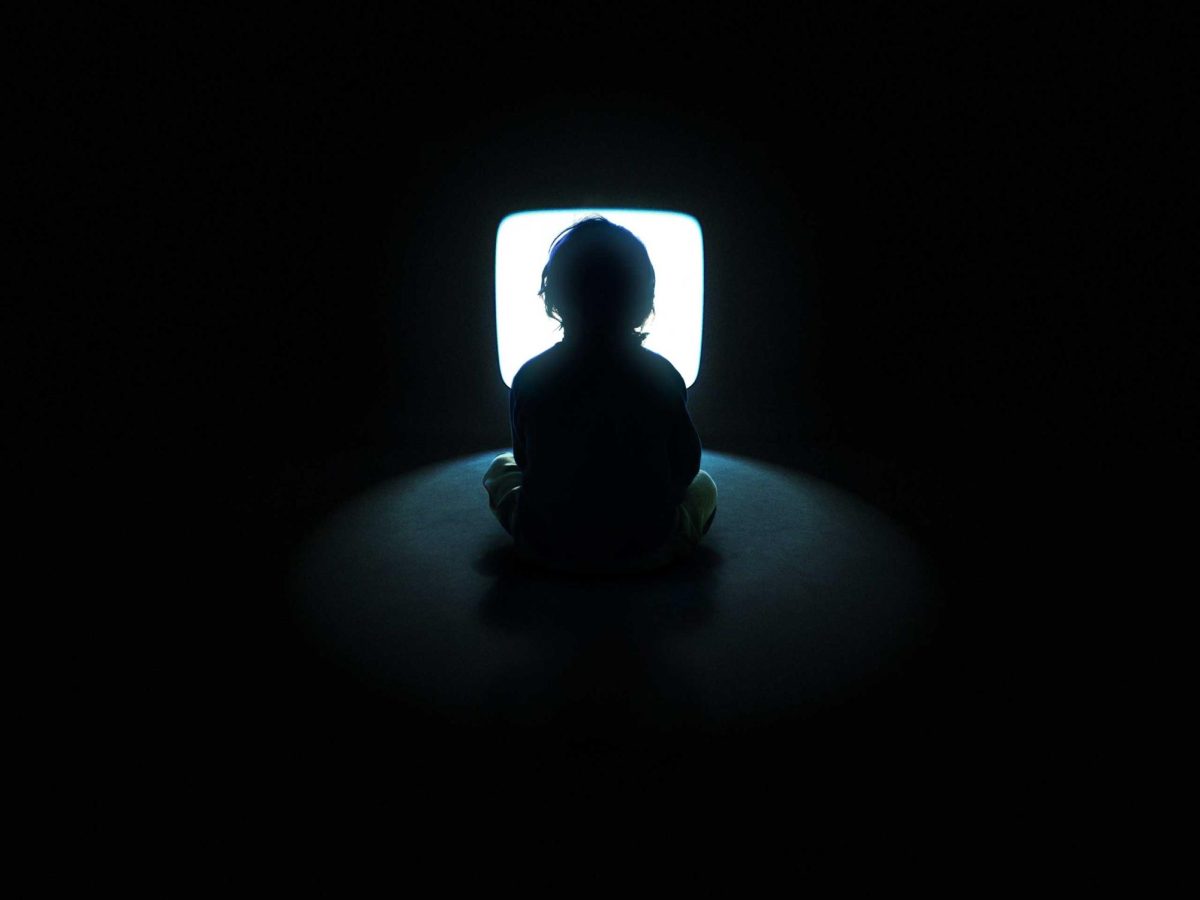Muslims around the world will soon come together in a daily ritual of fasting from dawn until sunset as the holy month of Ramadan begins. For Muslims, this time signifies heightened worship, religious reflection, charity (known as zakat), and the performance of good deeds. Socially, it often brings families and friends together in festive gatherings for iftar, the meal used to break the fast during sunset. Ramadan culminates in the Islamic holiday of Eid al-Fitr. During this celebration, Muslim children enjoy their school break, and many come together with family and friends to celebrate the end of Ramadan.
Ramadan’s religious rituals unite various Muslim communities worldwide. During this month, the challenges faced by some Muslims and issues with global significance, such as conflicts and political disagreements, often become central themes in their prayers and advocacy.
This year, Ramadan is approaching as the fragile ceasefire deal, which Israel has unilaterally shattered the ceasefire, and now muslims in Gaza are being killed during this holy month. Israel has also blocked all aid to the area for the majority of the ceasefire.
For some Muslims, Ramadan coincides with significant changes in their countries. In the Middle East, this will be the first Ramadan for Syrians since the Syrian government collapsed, marking a dramatic end to decades of Assad family rule.
When Is Ramadan?
Ramadan is the ninth month of the Islamic calendar, and it cycles through the seasons. The beginning of the month typically relies on the sighting of the crescent moon. This year, the first day of Ramadan started on February 28.
The actual start date may vary among Muslim communities due to differing declarations by various Islamic authorities worldwide regarding the sighting of the crescent moon or the methodologies used to determine the month’s beginning. Generally, Muslims follow the date established by the nearest mosque.
Why and How Do Muslims Fast?
Fasting is among the Five Pillars of Islam, along with the profession of faith, prayer, almsgiving, and pilgrimage.
Muslims see many meanings and lessons in fasting. It is considered an act of worship to achieve God-conscious piety and submission to God. The devoted recognize several benefits, such as practicing self-restraint, drawing closer to God, cultivating gratitude, and empathizing with those who are poor and hungry.
During Ramadan, the daily fast requires individuals to abstain from all food and drink, including water, from dawn until sunset. The fast is broken at sunset with a meal called “iftar” in Arabic. In addition to refraining from eating and drinking, those who are fasting are also expected to steer clear of negative behaviors, such as gossiping, and to focus on performing good deeds.
Muslims usually gather at mosques for group prayers and spend more time on religious reflection and reading the Quran, their holy book.
Charity is a significant aspect of Ramadan. Many people choose to give back by providing iftar for those in need. This can include distributing Ramadan boxes filled with essential pantry items, handing out warm meals along with dates and juice, or organizing free communal meals. Muslims eat a pre-dawn meal, called “suhoor,” to hydrate and nurture their bodies ahead of the daily fast.
Are There Exemptions to Fasting?
Yes, there are specific exemptions from fasting for individuals who cannot fast due to illness or travel. Those who are temporarily ill or traveling must make up for the missed days of fasting at a later time.
What are some cultural and social traditions associated with Ramadan?
Muslims are ethnically and racially diverse, and not all Ramadan traditions are deeply rooted in religion. Some customs can cross cultural boundaries, while others may vary from one culture to another. Many social rituals revolve around gathering and socializing after the daily fast. During Ramadan, many Muslims decorate their homes, set out themed tableware and centerpieces, and visit markets and Ramadan bazaars.
In Egypt, the most populous country in the Arab world, Ramadan is generally a festive time. Children hold colorful lanterns of various shapes and sizes, which are used to decorate homes and the entrances of buildings and stores. Ramadan songs are often played to celebrate the month’s arrival.
The soundscape of Ramadan in Egypt has traditionally included pre-dawn drumming by a “maharani,” who roam neighborhoods calling out to the faithful, sometimes by name, to wake them for the suhoor meal.
Sources:
What is Ramadan and how do Muslims observe the Islamic holy month? – NBC New York






















